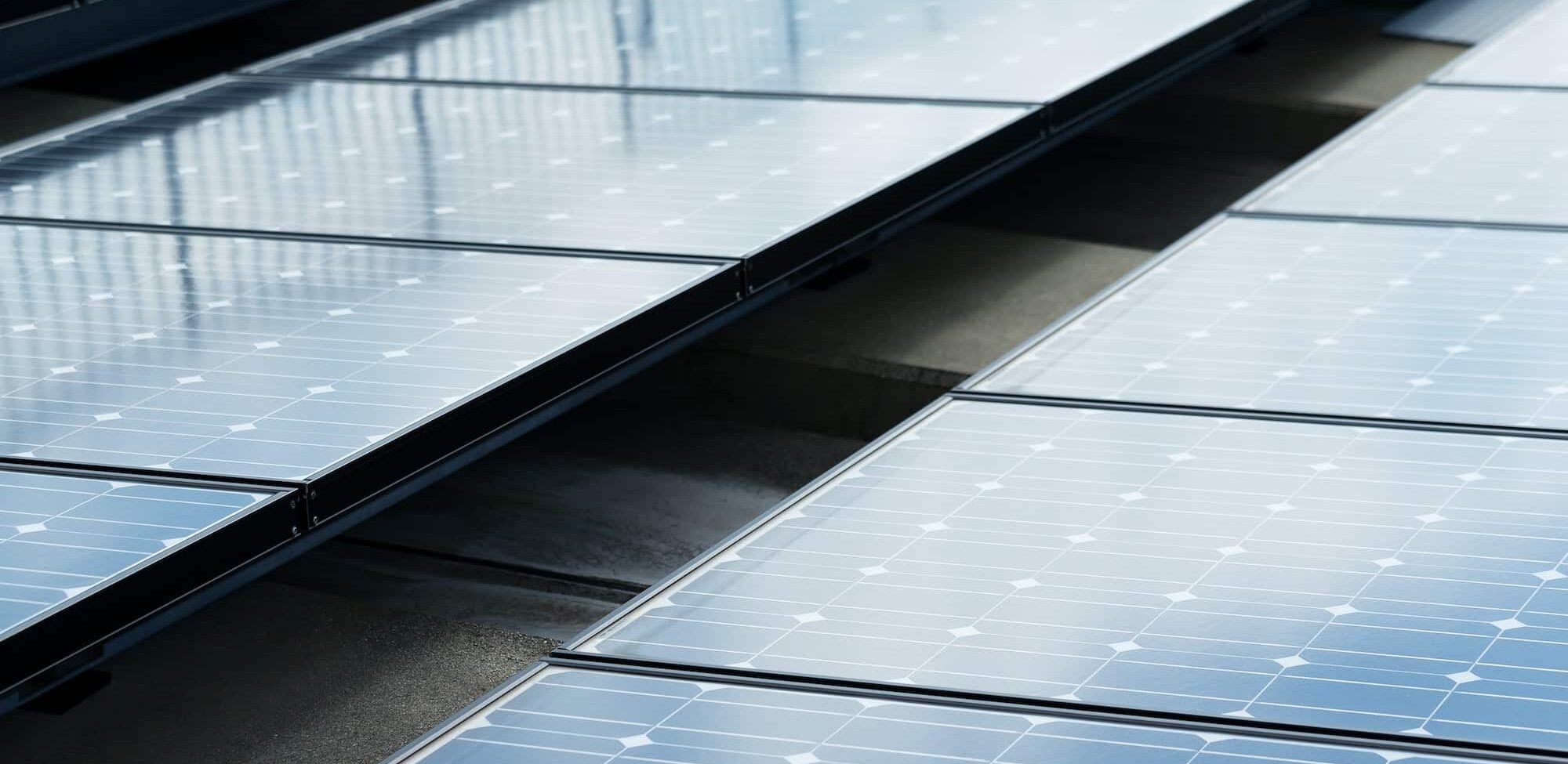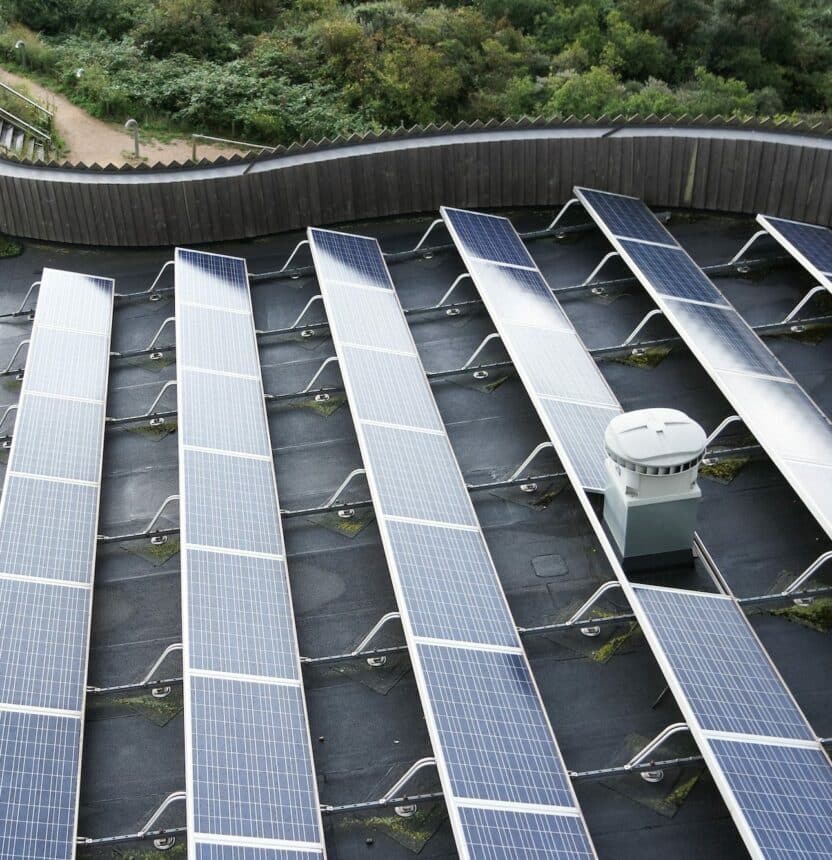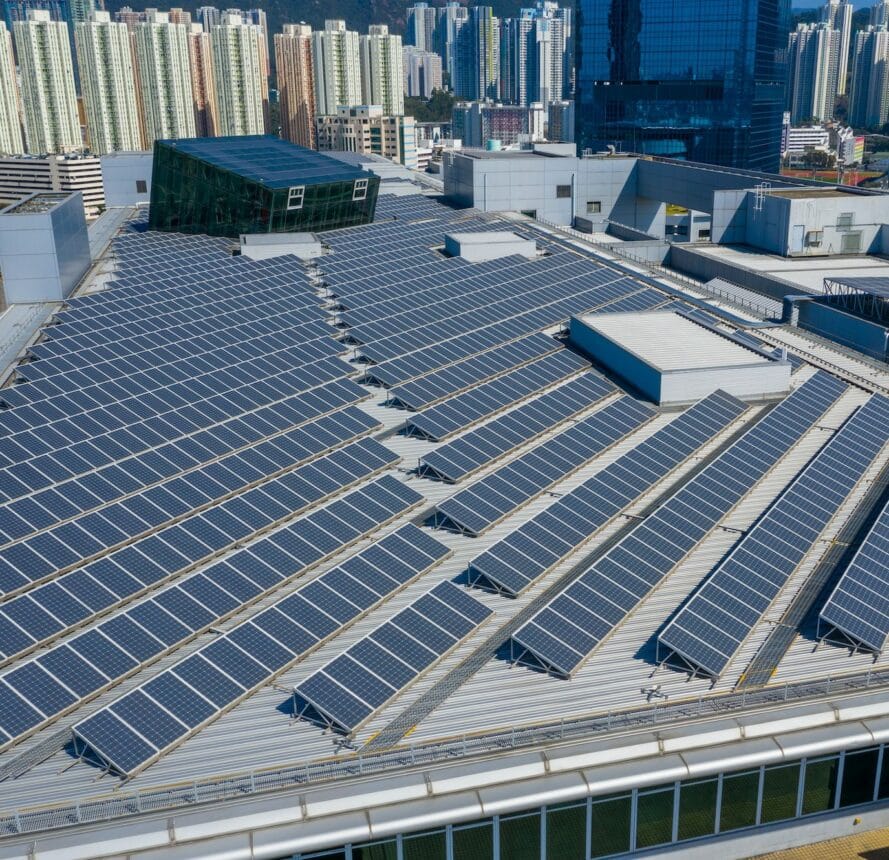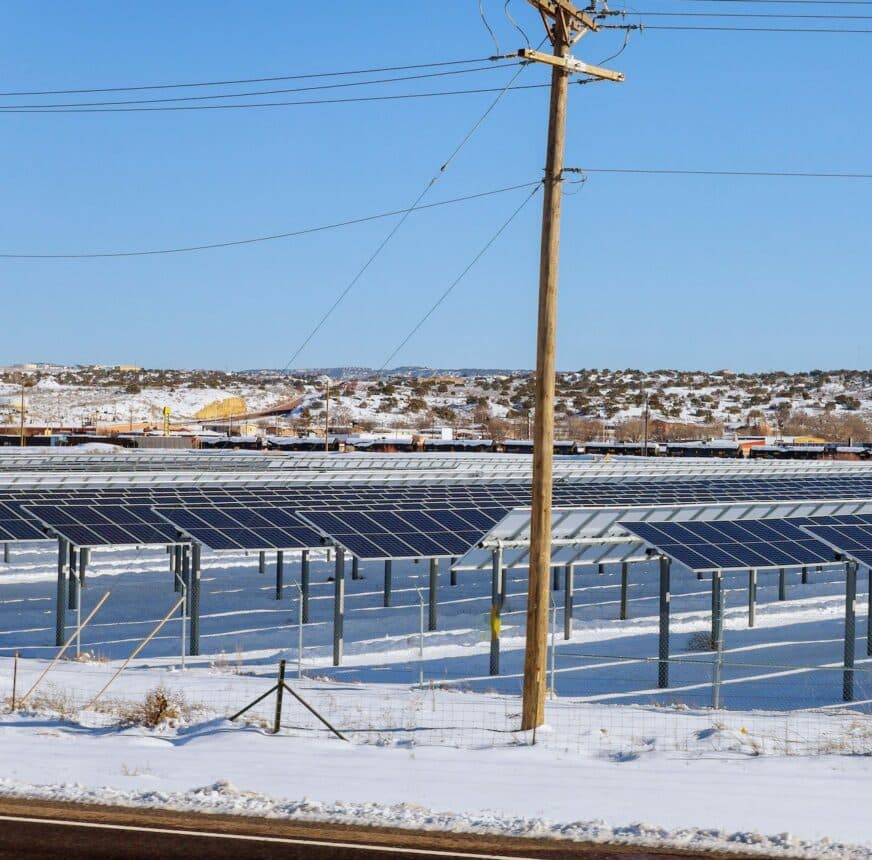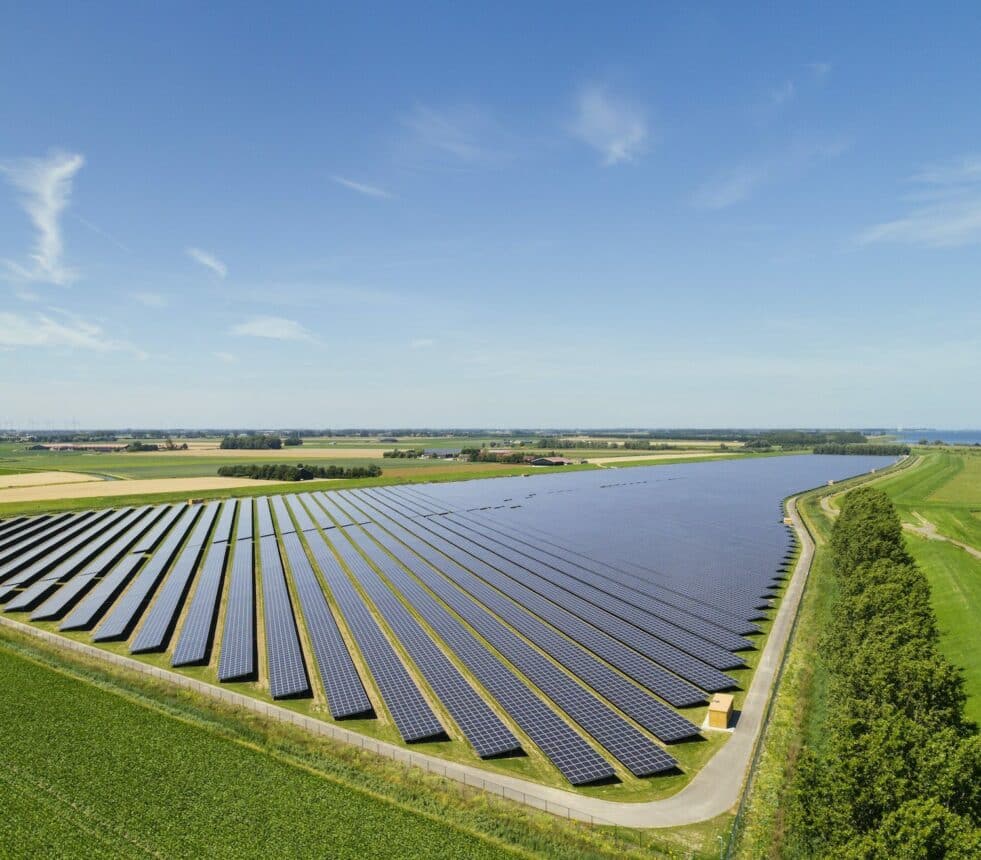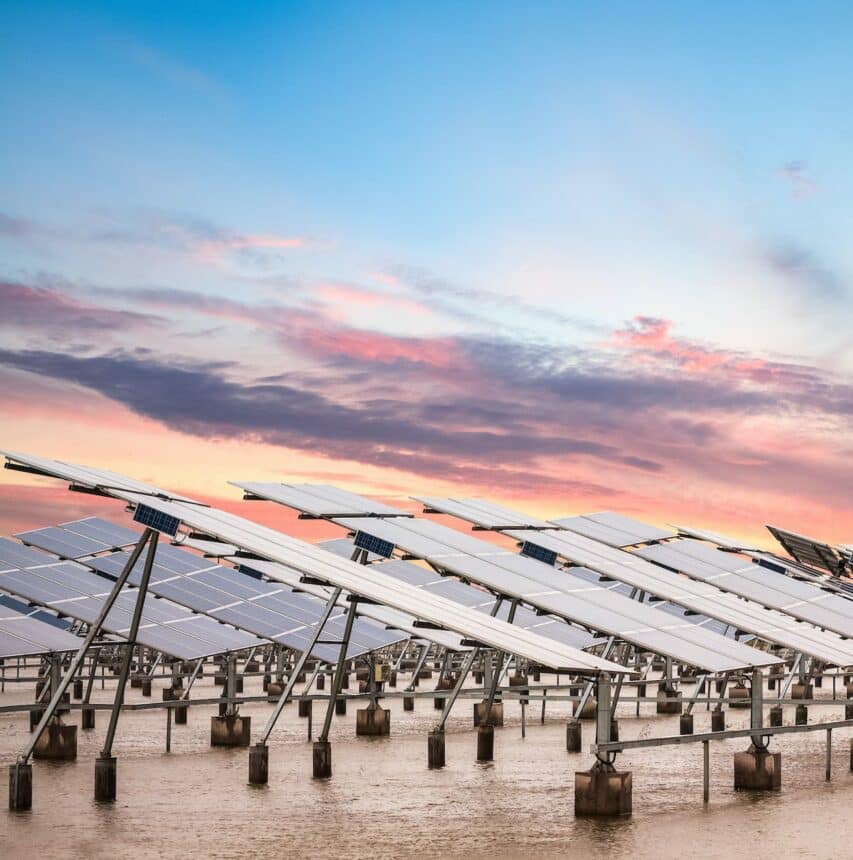Environmental Benefits of Solar Panels
In today’s period of rising environmental consciousness, companies get bonus points for switching to sustainable energy. Many businesses transition to solar power as part of their commitment efforts to tackle environmental issues. Reduced carbon footprints and low-maintenance energy consumption are two of the leading environmental benefits your business will surely gain by switching to solar energy.
Reduced Carbon Footprint
Solar electricity produces less greenhouse gas (GHG) emissions than fossil fuel-based electricity, even considering the GHG emissions that occur during solar system manufacturing. Solar energy operates purely off sunlight, eliminating the need to utilize and pollute local water supplies.
On the other hand, fossil fuels require water to burn fossil fuels and convert them into energy. This conversion creates an excess of nitrogen in the atmosphere, which eventually is deposited back into the ground and washed into nearby bodies of water.
Low-Maintenance Energy Consumption
Unlike private homes, which usually consume more energy during the evening and night, businesses and organizations mostly use electricity during the day when solar panels are active. The solar energy the commercial PV system generates goes directly into powering the business, with no need for solar storage.
